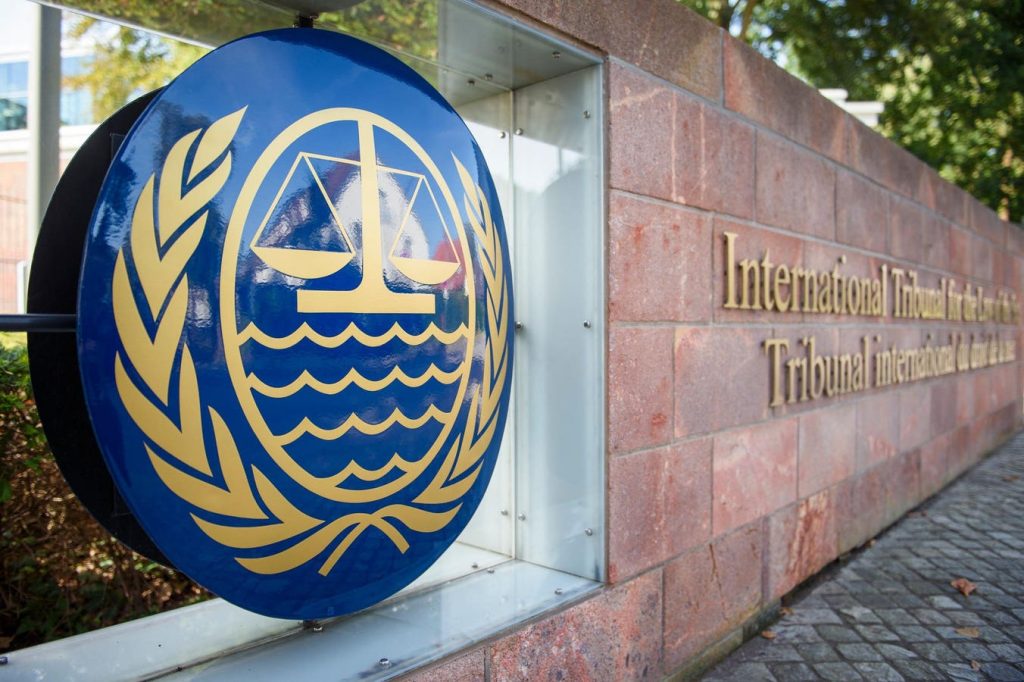On May 21, The International Tribunal for the Law of the Sea delivered an advisory opinion stating that countries have an obligation under the United Nations Convention on the Law of the Sea to reduce greenhouse gas emissions to protect the marine environment. This non-binding opinion may offer insight into how the International Court of Justice may rule on its pending advisory opinion on the obligations of States in respect of Climate Change. The Tribunal was created in 1982 through UNCLOS, an international treaty that establishes the rights and obligations of countries in relation to the world’s oceans.
Currently, 168 states and the European Union have signed UNCLOS, with the United States signing but not ratifying the agreement. This means the US is not a party to the Convention. The treaty established ITLOS, based in Hamburg, Germany, to handle disputes related to the interpretation or application of the Convention. The Tribunal has the authority to provide advisory opinions on legal questions related to the Convention if the agreement allows for such requests.
In December 2022, the Commission of Small Island States on Climate Change and International Law submitted a request to ITLOS for an advisory opinion on the obligations of States to protect the maritime environment. The COSIS was formed by a multilateral treaty in anticipation of the 2021 United Nations Climate Change Conference, known as COP26. The request from COSIS posed two questions regarding the obligations of State Parties to UNCLOS in relation to preventing and protecting the marine environment from climate change impacts.
In the advisory opinion delivered by the Tribunal, they agreed with COSIS’ arguments and found that parties to the Convention have an obligation to prevent climate change. The Tribunal stated that anthropogenic greenhouse gas emissions into the atmosphere constitute pollution of the marine environment. They also highlighted specific obligations for State Parties to take necessary measures to prevent, reduce, and control marine pollution from these emissions and to assist developing States in their efforts to address marine pollution.
The Tribunal also found that State Parties have a specific obligation to protect and preserve the marine environment from climate change impacts, and if the marine environment has been degraded, measures may be necessary to restore marine habitats and ecosystems. While the opinion is advisory and therefore non-binding, it will influence how national courts interpret UNCLOS and may lead to stricter legal obligations for businesses to comply with new responsibilities. This opinion could impact industries such as shipping and cruises, as stricter GHG emission standards may influence operating costs and decisions about flag registration of ships.













